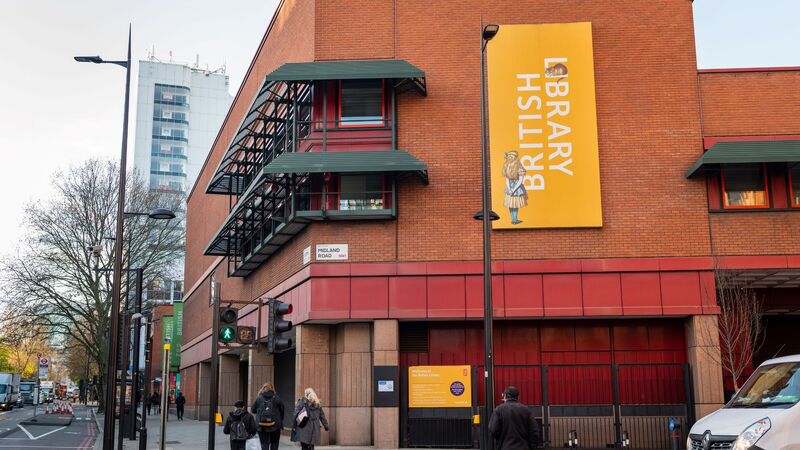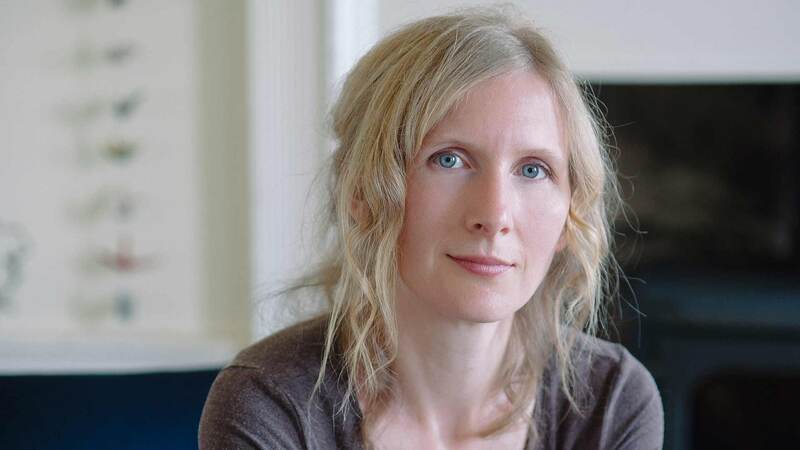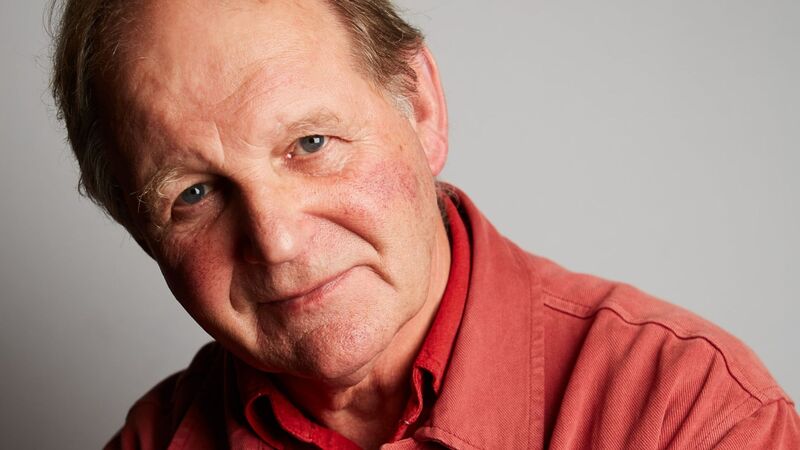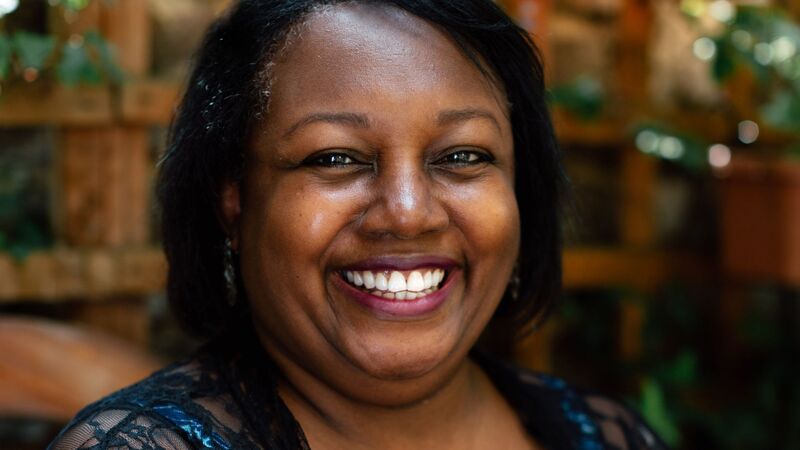You are viewing your 1 free article this month. Login to read more articles.
Black Writers' Guild tells UK publishing how to get its own house in order
The Black Writers' Guild has issued an open letter, signed by writers including Dorothy Koomson, Malorie Blackman, Candice Carty-Williams, David Olusoga and Bernardine Evaristo, telling British publishers it is "deeply concerned" they are "raising awareness of racial inequality without significantly addressing their own".
The body, which was formed in the last month, represents more than 200 black writers and is currently organised by writers Afua Hirsch (pictured) and Nels Abbey, authors respectively of Brit(ish) (Penguin) and Think Like A White Man (Canongate), and publisher Sharmaine Lovegrove. It called on publishers to take action that includes an audit of the books published by black authors, the publication of data on the roles of black staff across their businesses, and making a number of financial commitments to help improve the status quo, challenging "the deep-rooted racial inequalities in the major corporate publishing companies".
With other signatories including Derek Owusu, Kit de Waal and Sir Lenny Henry, the letter was signed by almost 120 people.
Following revelations from and discussion of the #PublishingPaidMe hashtag, the audit asks for "the median and mode of the advances of black authors" as well as for the "submission-to-acquisition ratio of black authors in the past five years".
It said concrete data on black staffing, as opposed having to rely on anecdotal evidence, was also "crucial ... to better understand the current situation and how each area can be resolved for equality".
As it relates to staffing, the signatories have said they would like to see the dearth of black commissioning editors addressed at all levels, they said was "limiting the ability to find the stories that best capture and reflect the sensibilities within [the communities and nuanced life experiences of black people], to market them and also identify new talent across a broad range of areas".
It highlighted also the "worrying absence" of black publishing staff in key positions in sales, marketing and publicity departments, where it said "diversity is essential", and the "woeful lack of black talent" in illustration and design positions.
A key request in the letter is for "ring-fenced" funding for marketing and publicity supporting new and emerging black talent. The letter explains: "Black writers who do not start out with a notable profile is that our books are misunderstood by both editors and the marketing departments. Our books can often require additional support to reach the audiences who should be sought beyond the usual retailer pathways."
The letter asks too for "additional financial commitment to new awards recognising and amplifying black talent as well as other initiatives such as a festival, and a literary magazine that can help build and foster readers from the black community".
Of the absence of black members on core leadership boards, the letter reads this is "unacceptable as well as unsustainable in the modern world", asking publishers "to address and rectify this immediately".
Just as agents are beginning to recognise their shortcomings in relation to diversity, the letter has said it would also like publishers' to help it to widen the pool of and build a network for black literary agents and talent scouts.
A "mechanism" that would allow "stakeholders and senior executives to have a direct relationship to discuss concerns and trends in the output of publishers" was also recommended, and the guild said it would be interested in collaborating with publishers on this.
The signatories made it clear they expect a reply from publishers: "We maintain that all of these requests will not only help to guard against pervasive racial inequality but will unearth more talent and help nurture a thriving literary culture in this country," the letter read. "We ask for your partnership in achieving this and look forward to your reply."
The letter can be read in full here.
The Publishers Association has welcomed the letter, acknowledging "a lot more needs to be done" with the pace of change wanting. Its latest UK Publishing Industry Diversity & Inclusion Survey–measuring the composition of the trade's workforce in 2019 and published at the end of January 2020–showed that out of 12,702 participants only 2.6% identified as black.
Stephen Lotinga, chief executive of the Publishers Association, commented: "We welcome this letter from the Black Writers’ Guild and acknowledge that a lot more needs to be done to ensure that black people are properly represented in the UK publishing industry.
"There is a real commitment from publishing to get this right and that is why publishers have put in place a whole host of initiatives to support greater diversity and inclusion. As an association we have been gathering workforce data for the past three years to try to underpin their combined efforts with real data.
"We recognise that change hasn’t moved fast enough and that there is a lot more work to do. This letter contains detailed proposals and we will give those the due time and consideration they deserve in discussion with our members."




















